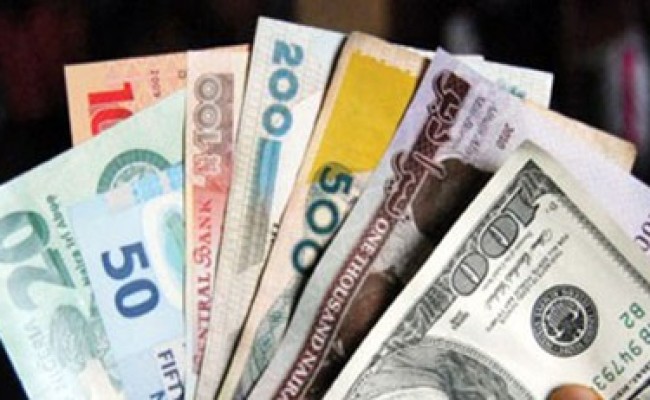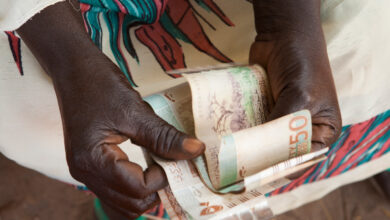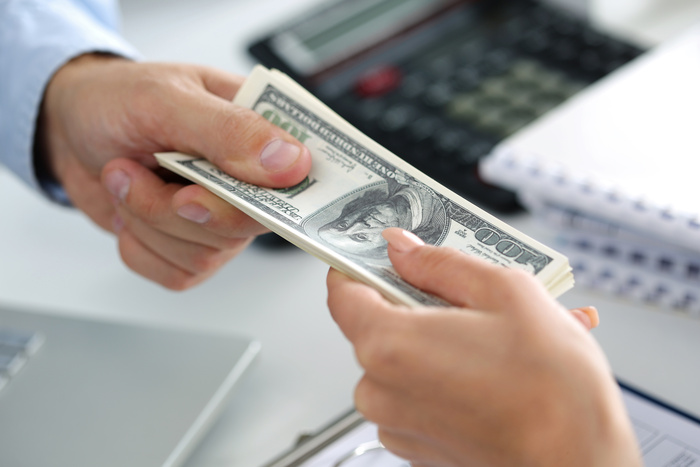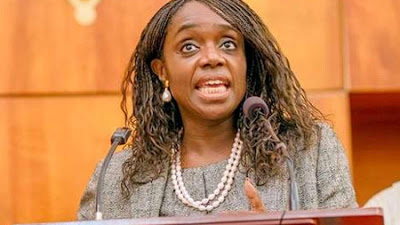Naira Strength Increases Against the Dollar as Oil Prices Increase

Although not in a very big way, the Nigerian currency gathered steam against the American currency on the parallel market.

The naira which stood at N319/dollar on Wednesday, April 27, cannot now be bought for N318/dollar in the black market, a situation which coincides with the rise in price of crude oil. Reports on Wednesday evening surfaced that as against the $40/barrel rise in the price recorded a few weeks ago, crude oil now sells for $47/barrel, a development which will more than gladden the hearts of OPEC members as they refused to agree on a fixed price during the last general meeting.
The Nigerian currency has now significantly followed the rise in price of crude oil and a bureau de change source informed that every Nigerian, especially those who understand the changes in the oil price, should be glad about the latest development.
Nigerian President Buhari has been to more than 20 countries since taking office in May last year, when he embarked on a mission to secure funds for an expansionary budget to kick-start the flagging economy. His frequent trips abroad and more than 200 hours in the air have earned him a nickname — “Waka Waka Buhari”, Nigerian pidgin for “always away”.
Chinese financing may have secured a temporary economic salve for a country hit hard by the global fall in oil prices since mid-2014. But analysts say they would have instead favoured a deal with the International Monetary Fund (IMF) that could have seen a controversial currency peg abandoned and the foreign exchange market liberalised. “Depending on how much Nigeria can raise from panda bonds — yuan-dominated debt — and other multilateral organisations, the need for an IMF bailout may decline,” Cobus de Hart, economist at NKC African Economics in South Africa, told AFP. “That said, we would have preferred the IMF’s involvement.”
In January, IMF managing director Christine Lagarde visited Nigeria and maintained neither she nor her team had come “to negotiate a loan”. Since then, however, she has urged Africa’s largest economy to abandon its strict currency controls and to seek “help from the international institutions”.




